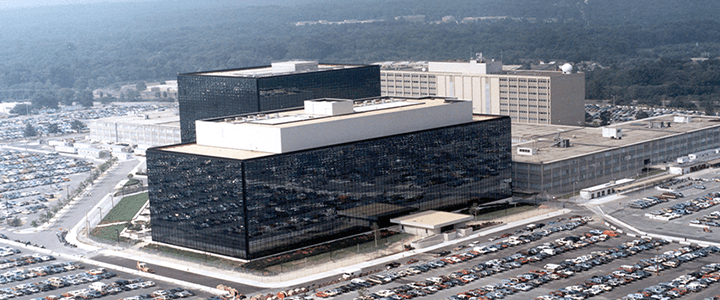The Intelligence Community is secretive…obviously. And even its hiring processes are unique. What an applicant experiences as a part of the job application process with a three-letter agency isn’t the same as what one experiences within the broader government or Department of Defense hiring process.
A rich source of information about all government security clearance application processes is the ClearanceJobsBlog Forum. A commenter recently asked:
As a contractor, I went through the NSA SCI Access application process, investigation and poly. Following the poly I was denied. I requested the reasons, and then started the appeal process, submitting an explanation that addressed the reasons for denial, and asking for reconsideration. In response, I received a decision granting me eligibility for reprocessing, meaning my company could then resubmit me for the access, without any waiting period required. Does this mean the original denial was vacated?
In a helpful series of responses, security clearance consultant William Henderson replied:
Occasionally an Intel Agency will deny a clearance based solely on information provided by the applicant (SF86, FNC forms, Subject Interview) without completing a security clearance investigation. If the applicant is successful in rebutting the Letter of Denial, the applicant is required to resubmit for the clearance, because by then the SF86 is stale. If the applicant was originally sponsored by a contractor, then there’s the issue of whether they still have clearance sponsorship. Since Intel Agencies issue Letters of Denial rather than Letters of Intent, you were denied clearance even though you ultimately had the denial reversed and consequently must now and forever indicate the clearance denial on an SF86. Obviously you should explain somewhere on the SF86 or Q86 that the decision was reversed.
In other words, the ‘denial’ you receive in the IC security clearance process may not be what you could expect in the Department of Defense or another government agency. When it comes to whether or not you should consider it a denial when asked the question on subsequent security clearance applications, it’s always best to err on the safe side than to face accusations of attempting to conceal negative information.




